Oil Policies, Oil Myths —— Observations of an OPEC Insider
----- 石油政策、石油神话:OPEC内部人士的馆藏
There was a lot of haranguing over this I think, as Dr Chalabi took umbrage at OPEC being referred to as 'notoriously opaque' - this old version is still on the database and therefore on the website, the jacket blurb should read:The world of oil and OPEC (the Organisation of Petroleum Exporting Companies) has often been misunderstood or seen as shrouded in mystique and myth. On the 50th anniversary of the foundation of OPEC, Fadhil Chalabi, a former 'insider' who spent many years at the heart of this organisation, dispels myths and invites us to discover the realities, environment and evolution of policies that have shaped OPEC and the oil industry. One of Carlos the Jackal's OPEC hostages in 1975, the author interweaves his analysis with first-hand experiences that give authenticity to momentous events, from the time of Egypt under Nasser, Gaddafi's Libya and Saddam's Iraq. Crucially, Chalabi's analysis encompasses Iraq's oil politics and their influence on OPEC and the impact of Iran on its pricing policies, which began with the Shah's dramatic campaign to maximise oil prices in 1973, followed by a period of volatile oil politics during Ayatollah Khomeini's Revolution of 1978-79 and its aftermath, leading to the Iraq-Iran war.Geopolitics have proved to be central to energy policies for both oil-rich and oil-needy countries. Today this garners even more attention, as the importance of the oil-rich countries of the Middle East, Africa and Latin America grows with the perennial demand for this resource. Oil Policies, Oil Myths explores the continuing importance of oil while examining the geopolitical influences that cause oil crises and price hikes and which undermine oil's future. Chalabi's expertise illuminates OPEC's role in this, while showing its successes and its failures. Oil for the countries of OPEC has been pivotal in their political and economic development, but it is also a crucial tool in their diplomatic relations with the oil-consuming nations of the East and West. Notwithstanding a critique of its oil-supply management, Chalabi sees OPEC's survival as essential. He re-appraises its fundamental role of securing the future availability of a vital global commodity and considers that the absence of OPEC would cause market mayhem, damage the world economy and our prospects for future energy supplies.This book is essential reading for those who wish to look beyond the myths of oil and of OPEC, scrutinise oil policies and an organisation that is perceived by the press as legendary for its opacity, and to understand OPEC's dramatic impact on the global energy industry, on world politics and economics.
{{comment.content}}
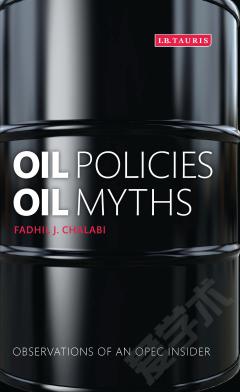
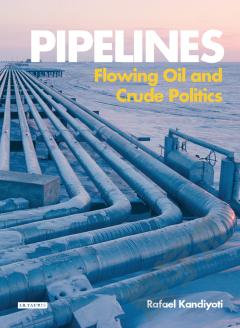
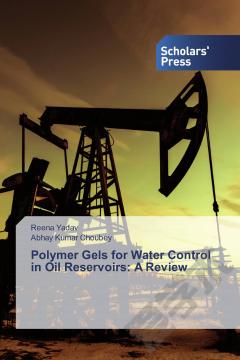
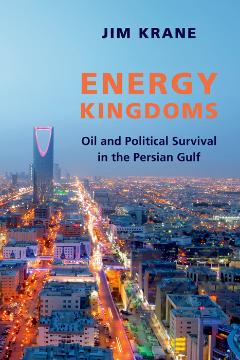


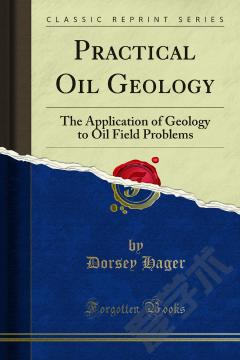

 京公网安备 11010802027623号
京公网安备 11010802027623号